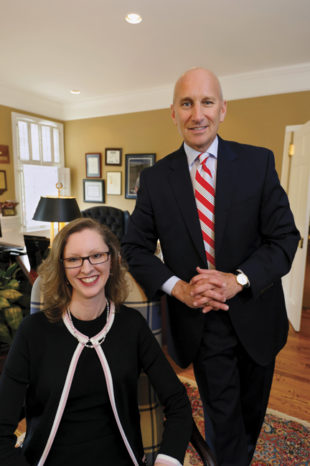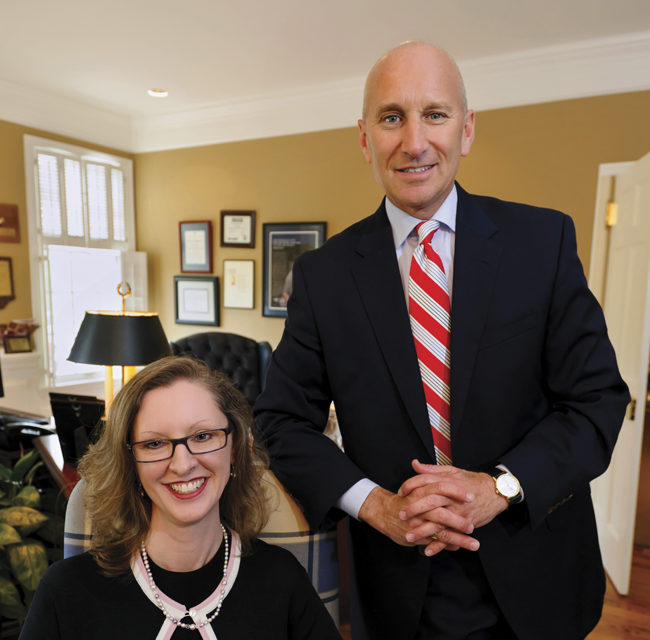
BY CARMEN SIERING
Since the passage of the Affordable Care Act, financial expert Ron Remak has seen an increase in the number of employers interested in workplace wellness. The problem, says Remak, owner/general agent of Bill C. Brown Associates, an insurance and financial services agency that provides group health insurance to more than 200 local businesses, is that most businesses don’t have the time or resources to implement a workplace wellness program.
“With medical costs going up, the importance of wellness has become even more clear,” says Remak. “We wanted to be part of the solution and offer viable, applicable processes and educational resources that would impact the lives of our clients and their employees.”
To that end, Remak hired registered nurse Jodi Hoagland last September as the agency’s wellness coordinator, offering her services to its employer groups free of charge. Hoagland assesses the wellness needs of each group, then tailors a plan to meet those needs. Workshops on stress management are frequently requested, he says, but the variety of wellness initiatives is seemingly endless, from tobacco cessation programs to lunchtime educational talks to company fitness challenges.
Another service is the “Ask a Nurse” program in which Hoagland answers basic medical questions. She is frequently asked to look at a rash or take a blood pressure reading, but the area where she can really make an impact, she says, is helping an employee find a primary care physician. Seeking medical care in a hospital emergency room is costly, and guiding employees to primary care is one way to help them become better health-care consumers.
“Everyone—employers and employees—wants to keep medical costs down, and there are things we can do to help,” Hoagland says. “With a wellness program, we can offer education and access to care. We can help people understand how to maximize their benefit plan, how to shop for the most cost-effective medical care, and how to utilize the resources available through their insurance carrier.”
Remak says the feedback he’s received from his clients has been extremely positive, and while he doesn’t yet have data from this program, regional and national studies show that a well-designed wellness program can reduce insurance claims and keep premium increases to a minimum.
“I feel this will affect the bottom line, and along the way, we will have made a positive impact in people’s lives and in the community,” says Remak.











